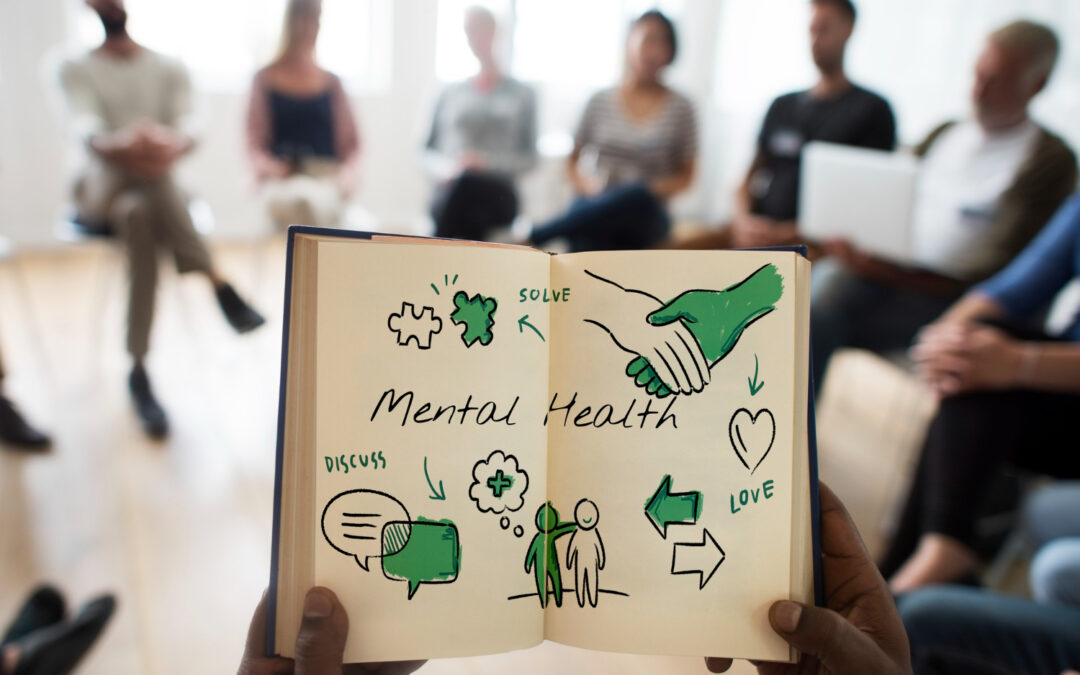What does mental health look like in America right now?
This question is (finally!) being given serious attention, leading to increased awareness of the impact of mental health on all aspects of our lives. Below, we explore the current state of mental health in the United States and examine the emerging role of ketamine treatment in addressing depression. As awareness increases, so too does the range of available treatments—and everyone deserves to know that hope is available.
The Impact of Mental Health
Mental health issues have grown substantially in recent years, necessitating a closer examination of contributing factors. Between 2019 and 2020, 20.78% of adults (or the equivalent of 50 million Americans) reported experiencing a mental illness. The reasons are many, but the COVID-19 pandemic, increasing use (and abuse) of social media, ballooning economic pressure, and escalating global instability all played—and continue to play—a role. Literature on the subject of mental health has identified an urgent need for effective interventions, and, consequently, innovative approaches and treatments are being sought to support individuals in reclaiming their mental well-being.
Ketamine for Depression: A Promising Breakthrough
Among the noteworthy breakthroughs in mental health treatment is the use of ketamine for depression. Numerous studies have shown ketamine to be a potential solution for individuals who suffer from treatment-resistant depression. Offering rapid relief from depressive symptoms, ketamine treatment has already begun to revolutionize the mental health landscape.
Exploring Ketamine Treatment
Ketamine treatment is a proven therapy that works for many individuals, even those who do not respond to conventional antidepressant medications or other first-line depression treatments. By acting on never-before-targeted neurotransmitters in the brain, ketamine alleviates depressive symptoms in a way that is new to science. With its quick onset and potentially long-lasting effects, ketamine treatment is gaining recognition as a viable option for those seeking reliable alternative therapies. In fact, ketamine is effective for about 70% of patients, where traditional antidepressants work for about 40-60% of patients.
Will Ketamine for Depression Work for Me?
What does mental health treatment look like right now? Everyone experiences depression differently, which is why it is crucial to work with an experienced clinical team to develop a personalized treatment plan. Ketamine treatment has worked for many individuals where conventional therapies have failed, but that does not make it a silver bullet solution.
Contact Vitalitas Denver
Looking to learn more about ketamine for depression, anxiety, or other psychiatric disorders? Contact Vitalitas Denver today to get answers to your questions about ketamine therapy, or to find out if you or a loved one is a candidate. Contact us using the brief form below, or call (720) 724-8075 for more information.


